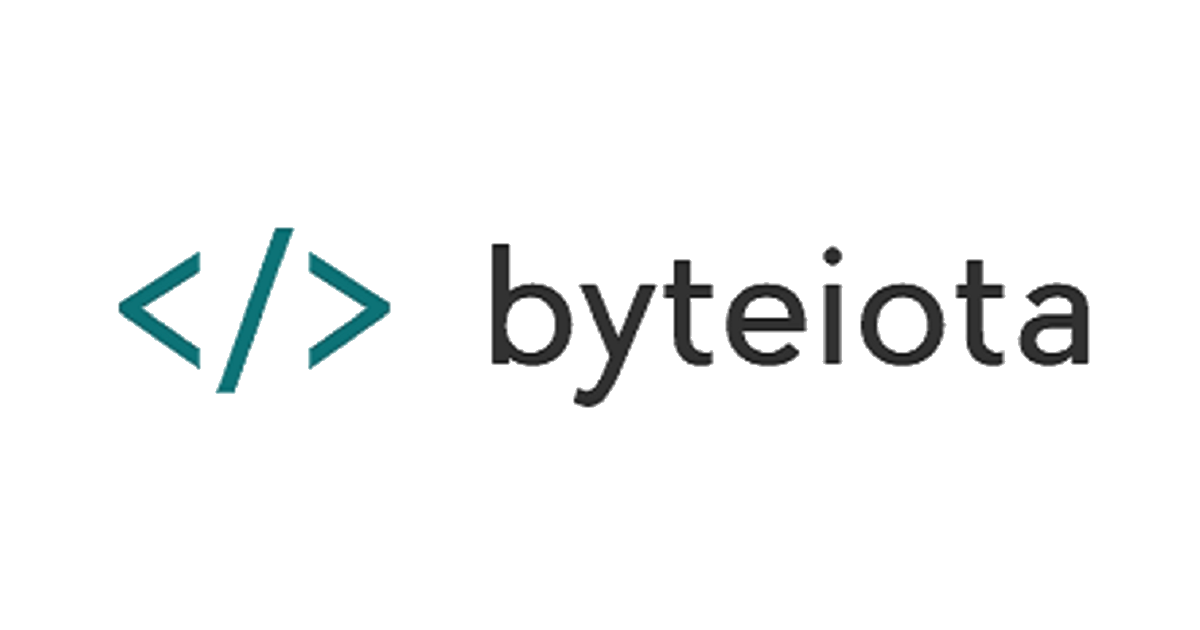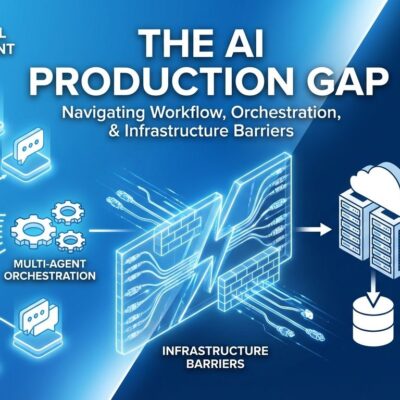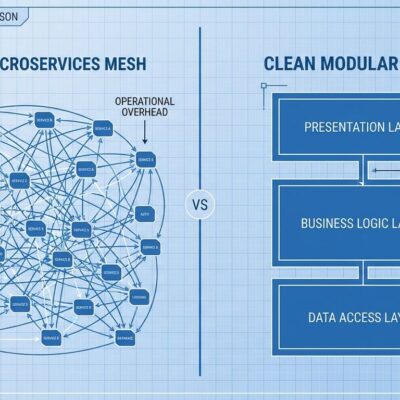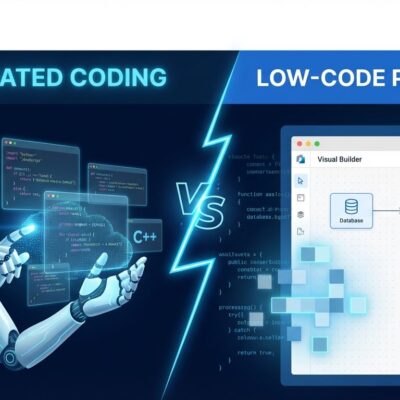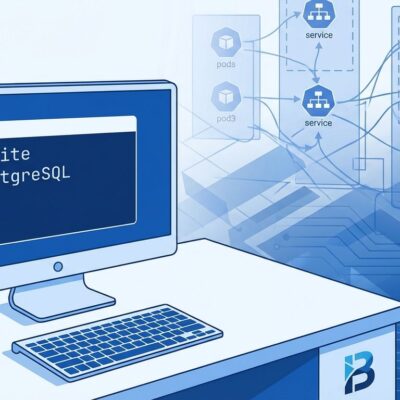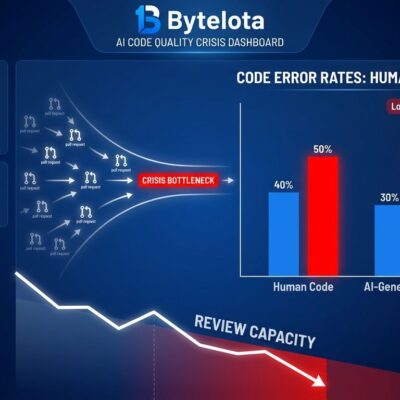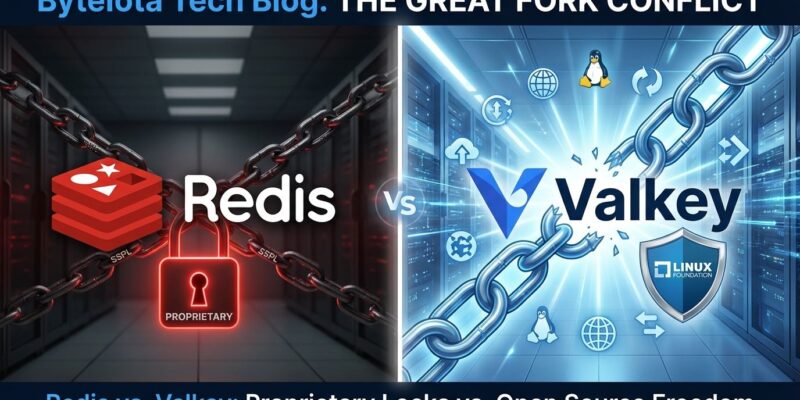
Redis Ltd abandoned its BSD open-source license on November 18, 2025, switching to a dual-license model that forces commercial users to either pay licensing fees or release their entire technology stack as open source. Within 48 hours, the community responded by forking the project as Valkey, backed by the Linux Foundation and led by former Redis core maintainers. This is the fourth major “open-source rug pull” in seven years, following identical moves by MongoDB (2018), Elasticsearch (2021), and HashiCorp (2023).
What SSPL Really Means for Redis Users
Redis switched from its permissive BSD license to the Server Side Public License (SSPL), a license specifically designed to be impossible for cloud providers to comply with. If you offer Redis as a service—even as part of a larger product—SSPL requires you to open-source your entire infrastructure stack. For AWS, that would mean releasing proprietary infrastructure code. For SaaS companies, it creates legal ambiguity about whether using Redis internally counts as “offering it as a service.”
The Open Source Initiative refuses to recognize SSPL as true open source. They’re right. SSPL isn’t about protecting open source values—it’s about forcing cloud providers to pay licensing fees by creating an intentionally impossible compliance path. MongoDB created SSPL in 2018 for exactly this purpose, and now Redis Ltd has copied the playbook.
The Pattern: VC-Backed Open Source Always Does This
This isn’t new. Redis is the fourth major project to pull this move in seven years, and the pattern is identical every time.
MongoDB switched to SSPL in 2018. AWS responded by creating DocumentDB, a MongoDB-compatible service. MongoDB lost significant cloud market share. Elasticsearch switched to SSPL in 2021. AWS created OpenSearch, a fork backed by the Linux Foundation. Today, OpenSearch dominates cloud deployments while Elasticsearch struggles. HashiCorp switched Terraform to BSL in 2023. The community created OpenTofu under the Linux Foundation. OpenTofu is winning.
The playbook is predictable: VC-backed company gains market dominance with a permissive license, takes hundreds of millions in venture funding, then switches to a restrictive license once investors demand monetization. Redis Ltd raised $347 million. The rug pull was inevitable.
Why Valkey Will Crush Redis
The Valkey fork launched November 19—one day after Redis’s announcement. It’s backed by the Linux Foundation and led by the same engineers who built Redis before quitting Redis Ltd in protest. AWS, Google Cloud, Oracle, and Ericsson are backing it. The project gained 15,000 GitHub stars in three days.
Valkey is a drop-in replacement. Same APIs, same commands, same performance. It’s BSD licensed under Linux Foundation governance, which means the license can’t be changed by corporate whim. Cloud providers will migrate because paying Redis Ltd licensing fees makes no business sense when a compatible fork exists.
History proves forks win. OpenSearch crushed Elasticsearch in the cloud market. OpenTofu is gaining ground on Terraform. Valkey will follow the same trajectory. Redis Ltd will spend years regretting this decision.
What Developers Should Do Right Now
Existing Redis deployments using versions before 8.0 remain BSD licensed. You’re not forced to upgrade immediately. However, start planning migration to Valkey now. The longer you wait, the more painful the eventual migration becomes.
For new projects, use Valkey, not Redis. Migration is straightforward—developers report switching production systems in hours by changing connection strings or Docker images. Test in staging first, but don’t stay on Redis. The licensing risk isn’t worth it.
The bigger lesson: only trust open source projects owned by foundations or communities, not VC-backed companies. Apache Software Foundation, Linux Foundation, and CNCF projects have governance structures that prevent license changes. VC-backed “open source” is temporary until investors demand returns.
Foundation Governance or Nothing
Every major open-source rug pull came from a venture capital-backed company. MongoDB, Elasticsearch, HashiCorp, now Redis—the pattern is clear. Companies take VC funding, promise permanent permissive licenses, gain adoption, then change the rules once investors want returns.
Real open source is governed by foundations, not companies with investors to satisfy. Apache projects, Linux Foundation projects, CNCF projects—these have never pulled the rug. Their governance documents legally prevent it. When choosing dependencies for critical infrastructure, check who owns it. If it’s a VC-backed company, assume the license will change eventually.
Redis Ltd will learn what MongoDB, Elastic, and HashiCorp learned: you can’t betray the community and win. Developers don’t forget. The fork wins. Valkey is the future of Redis, and Redis Ltd just killed its own project.
